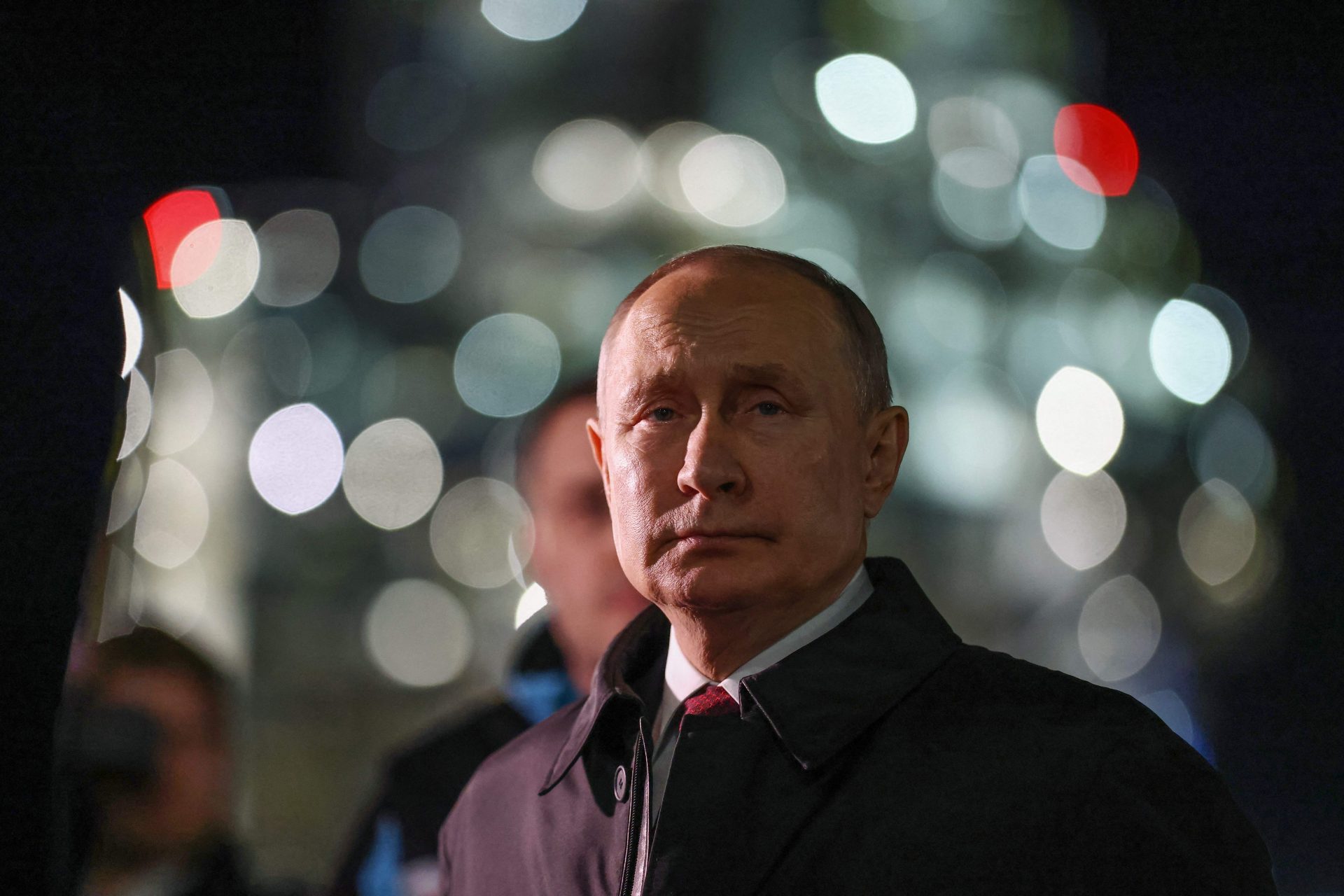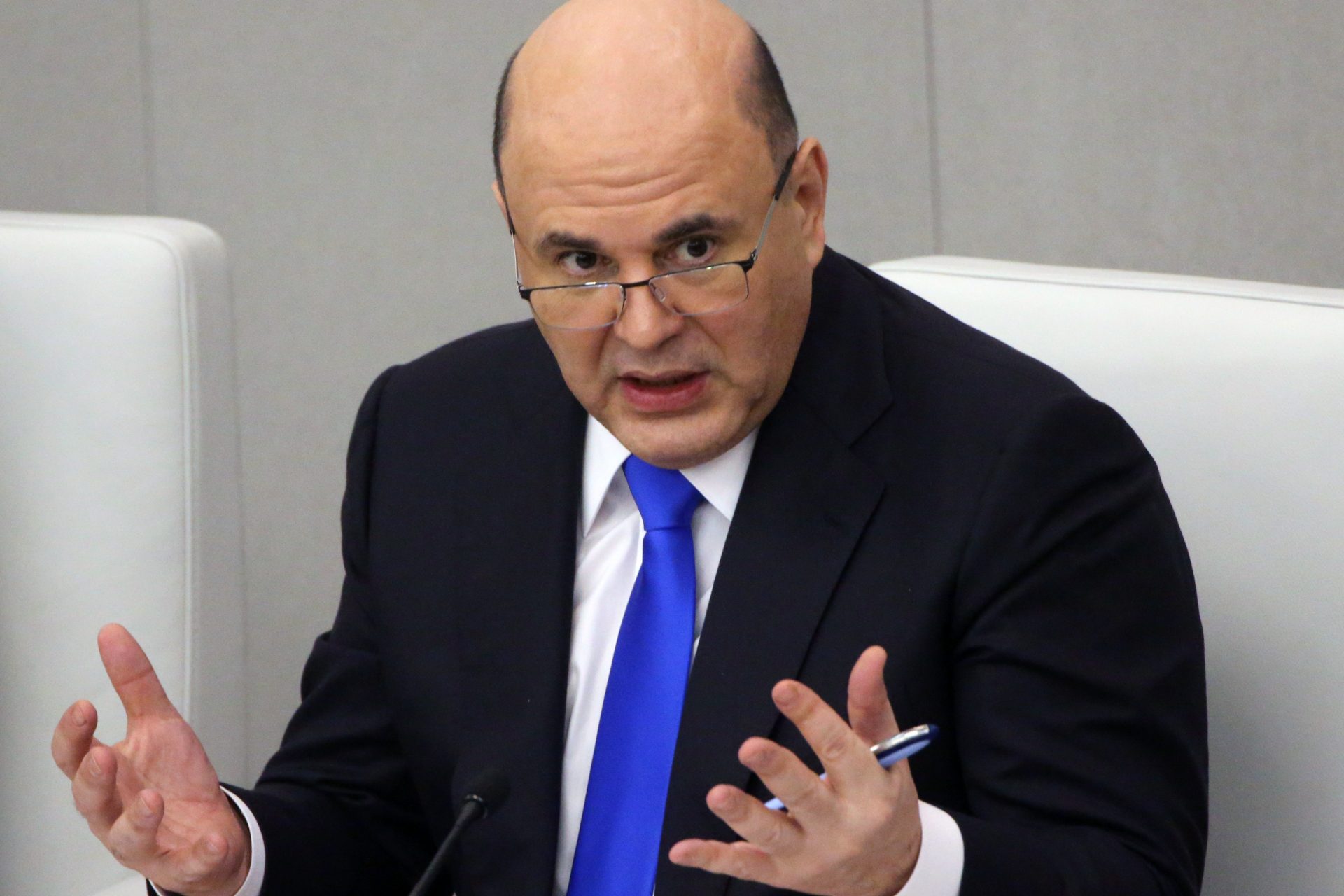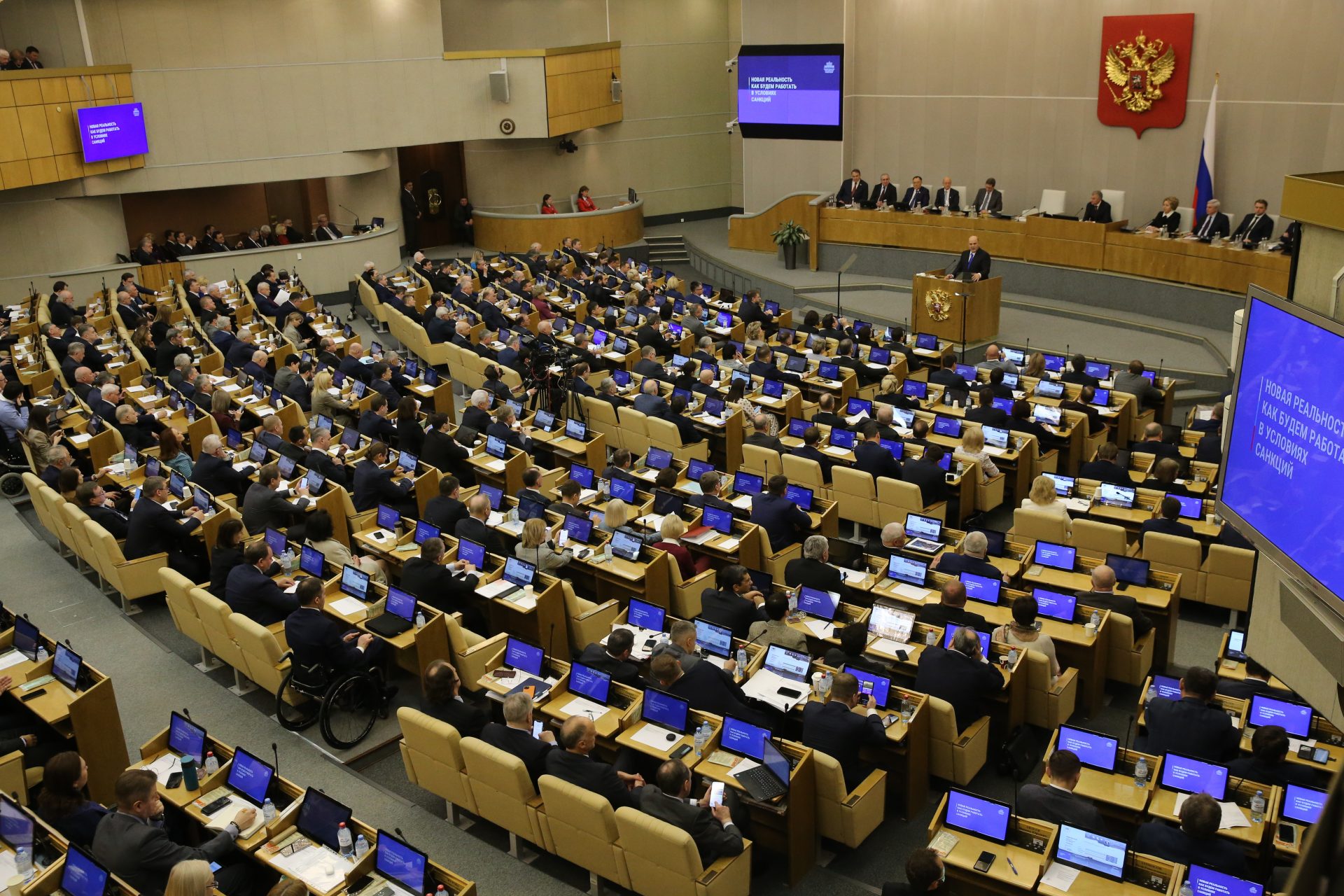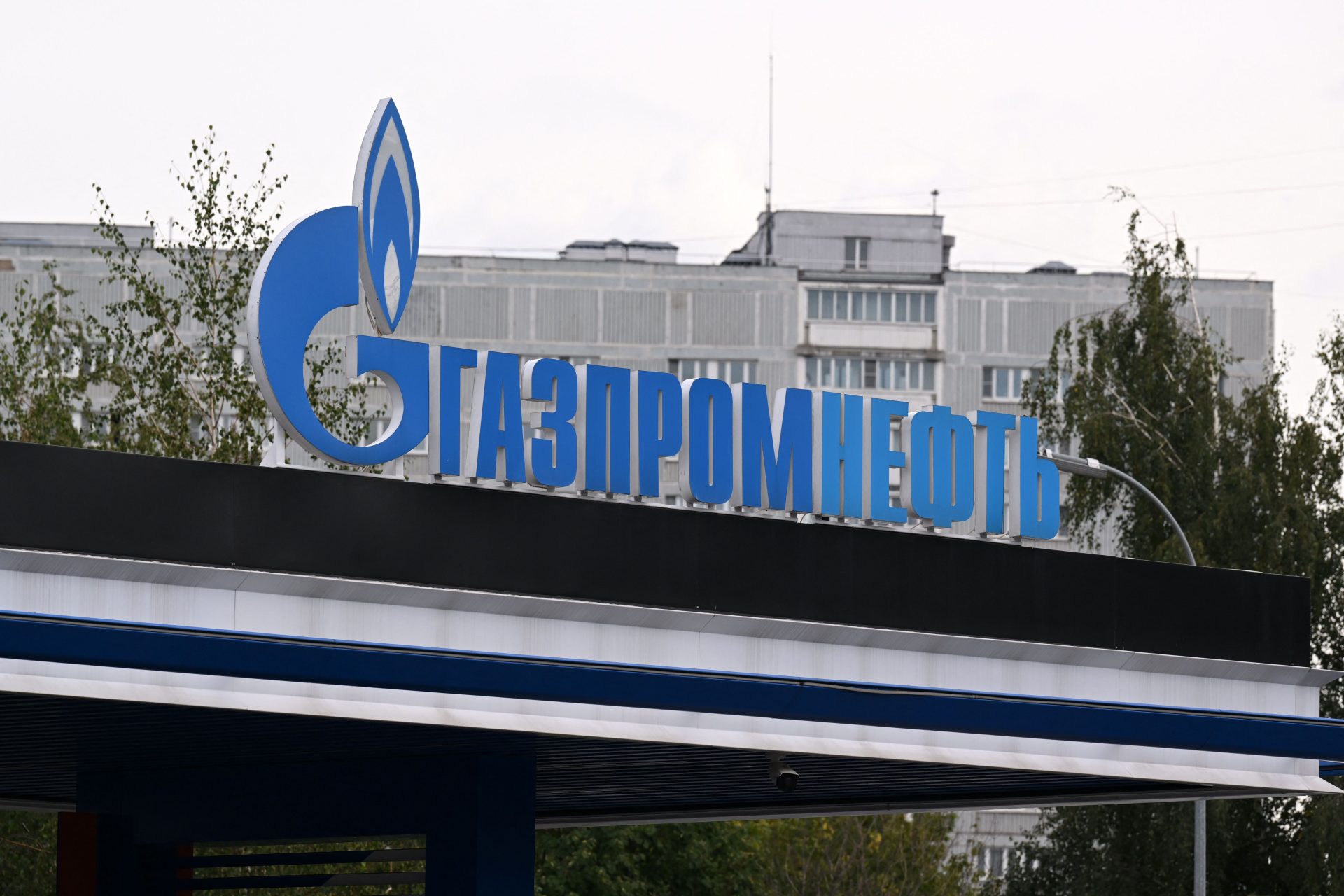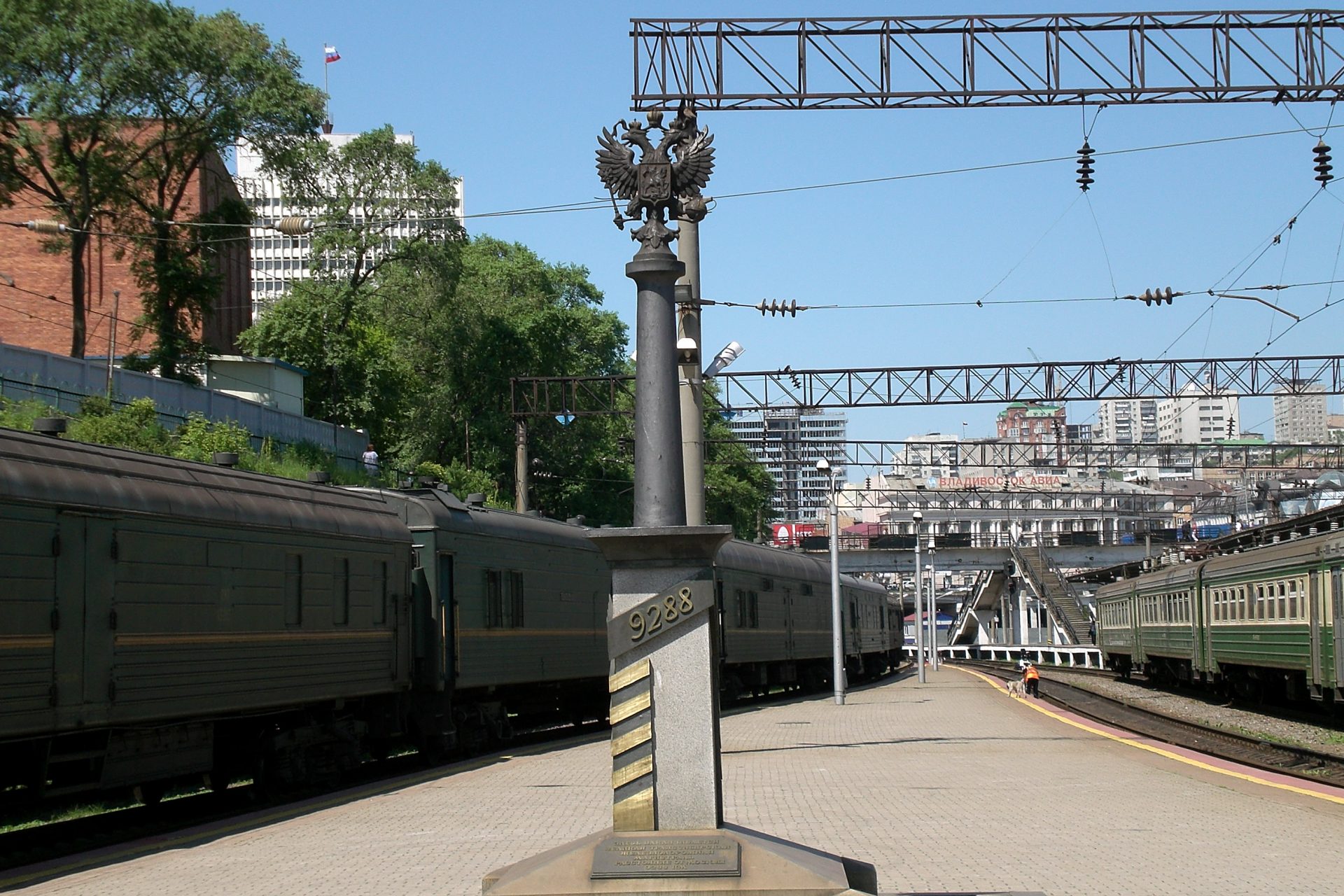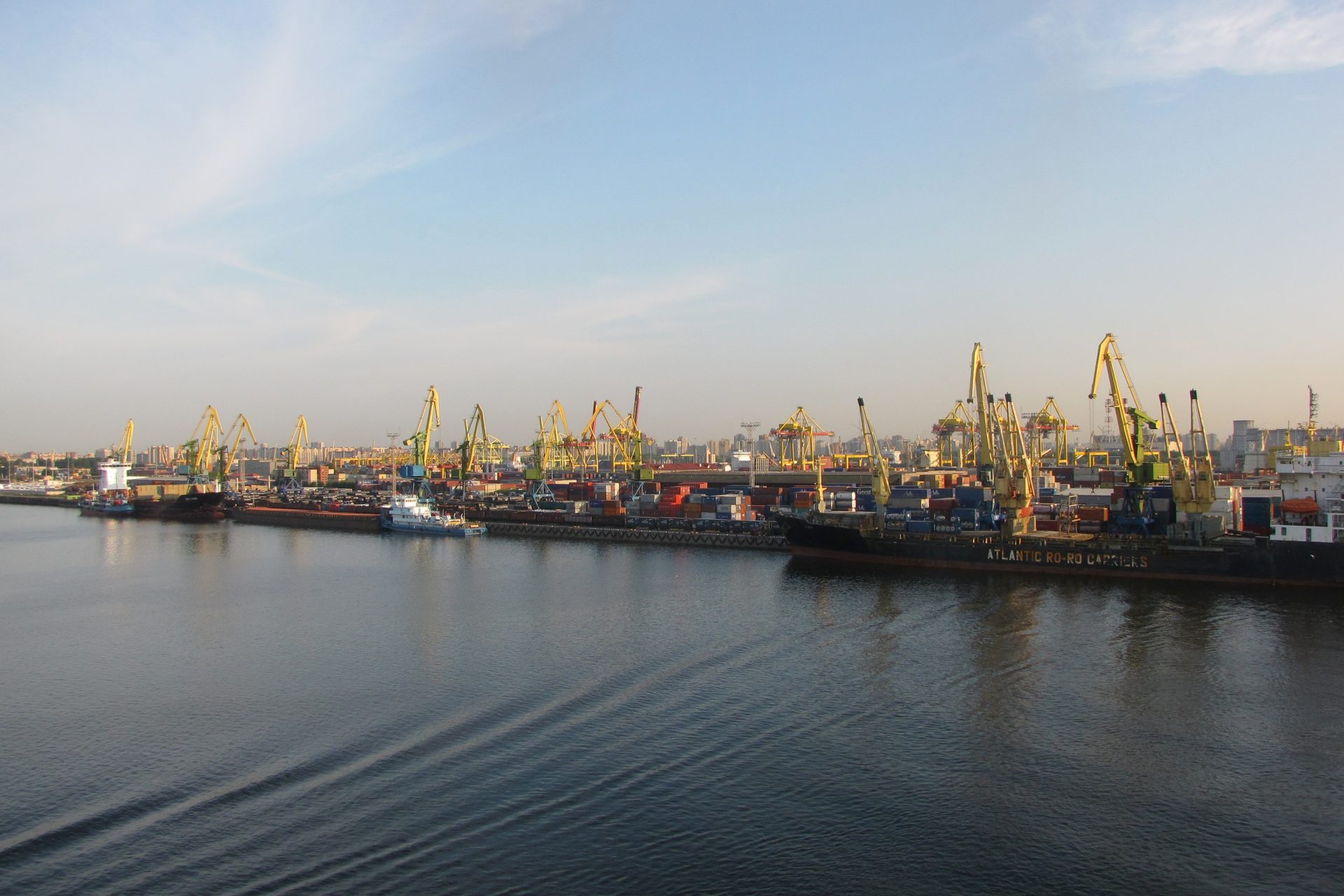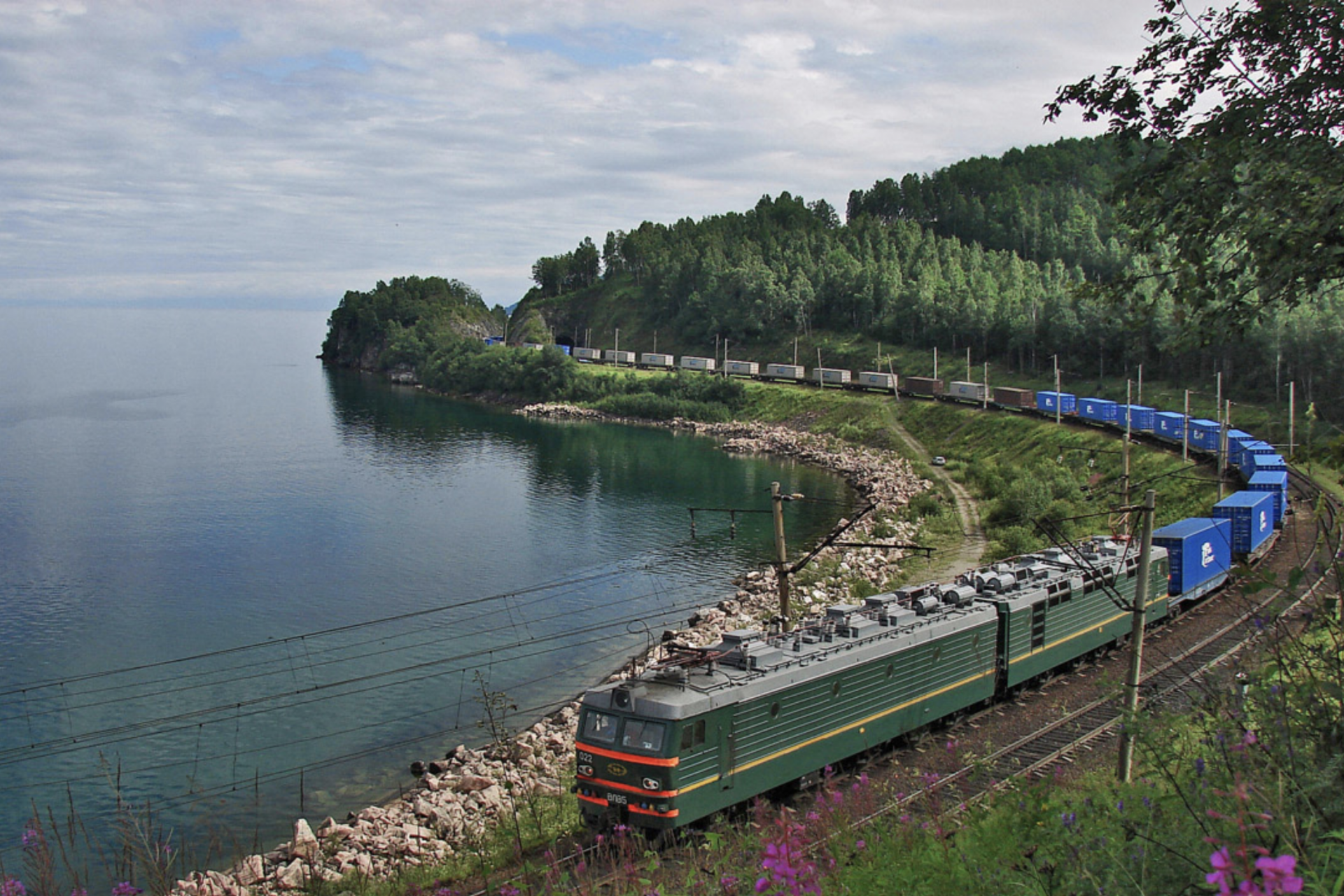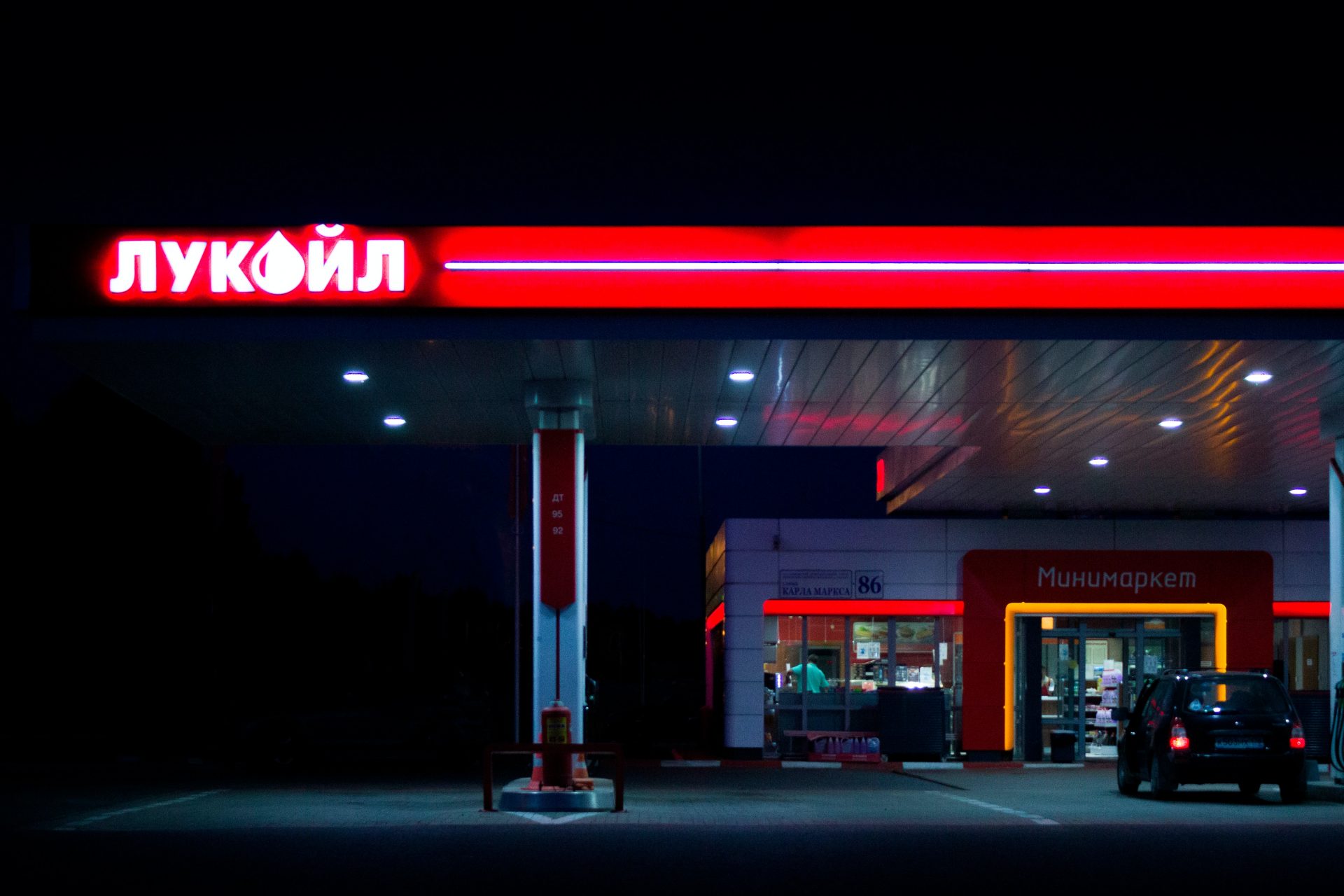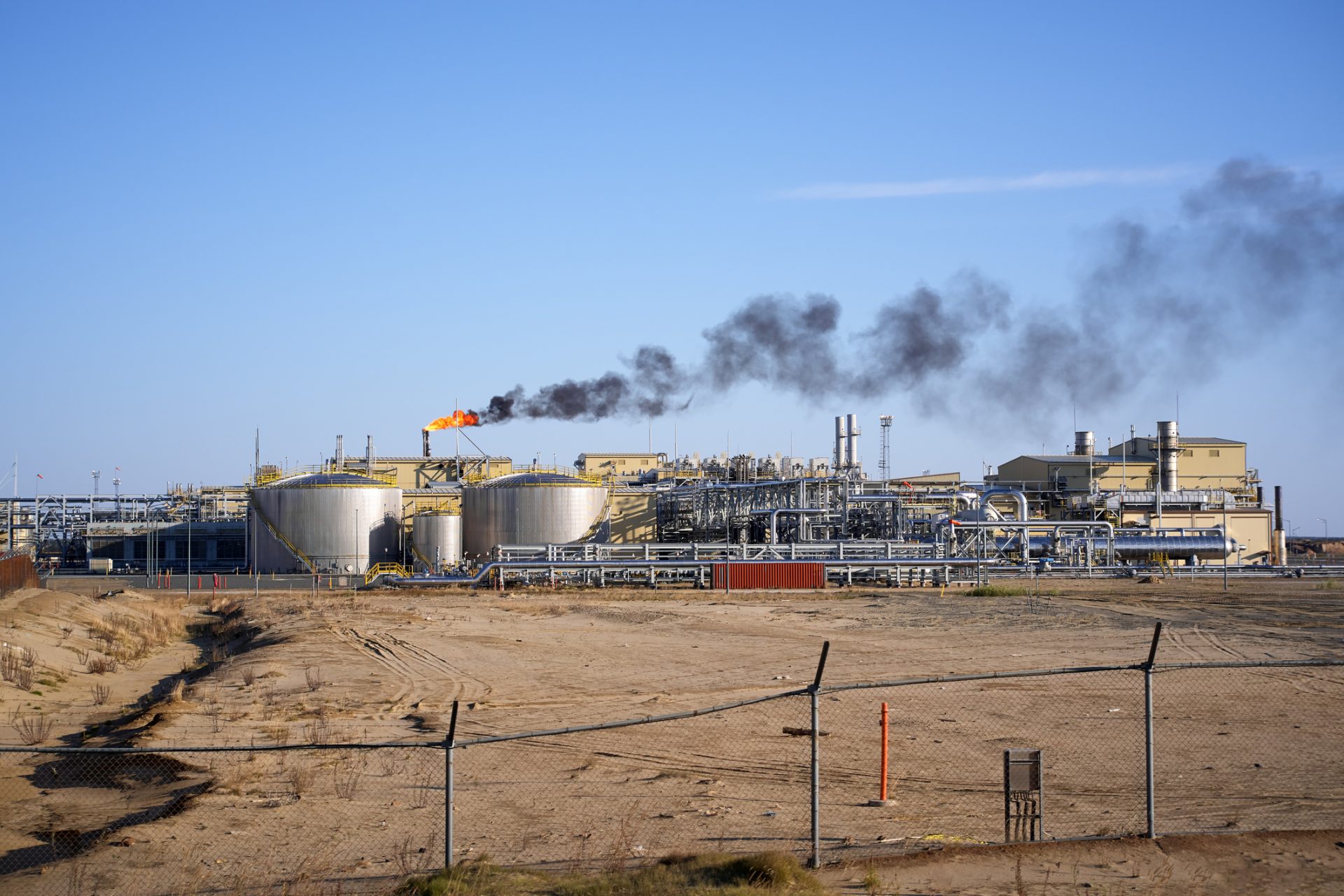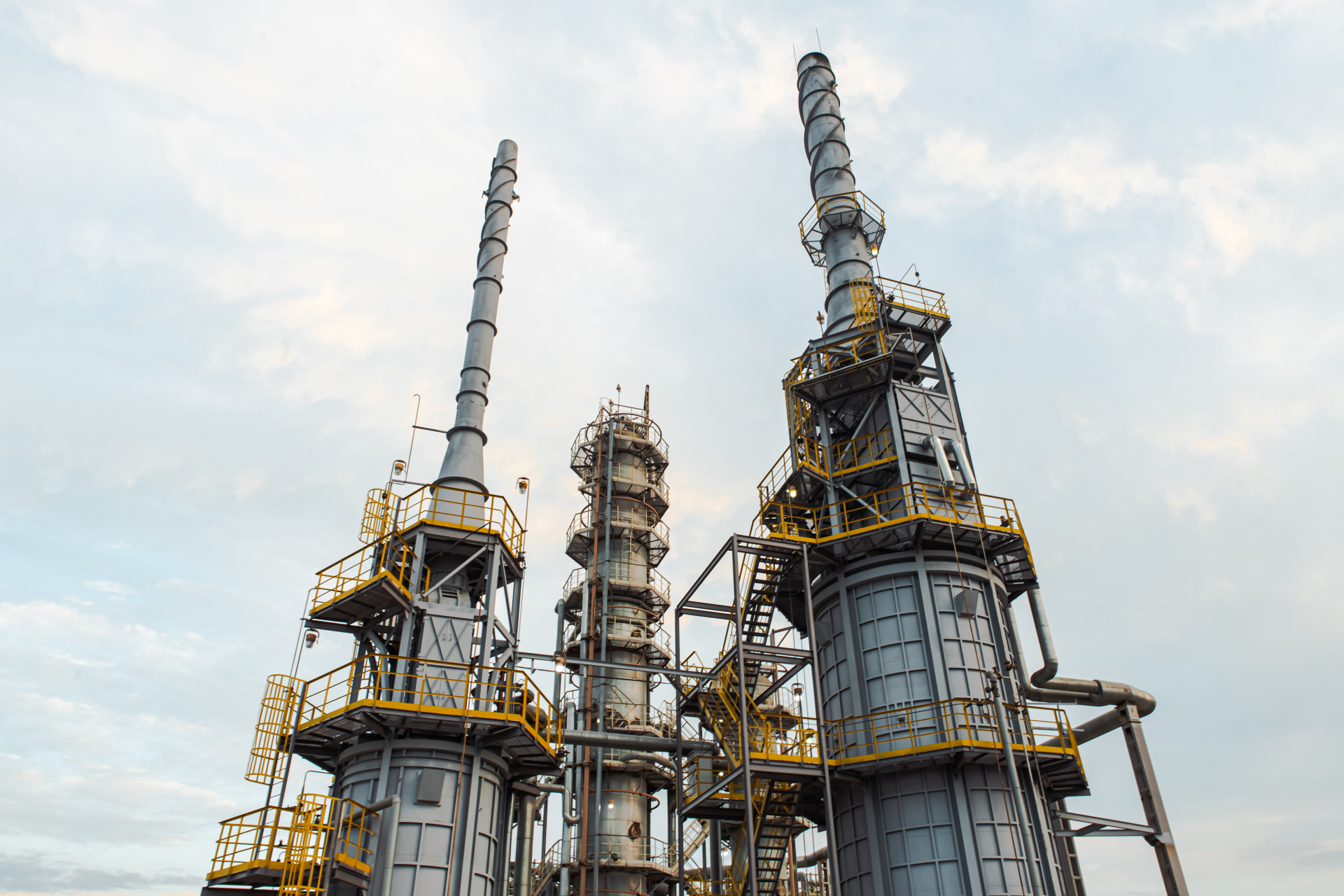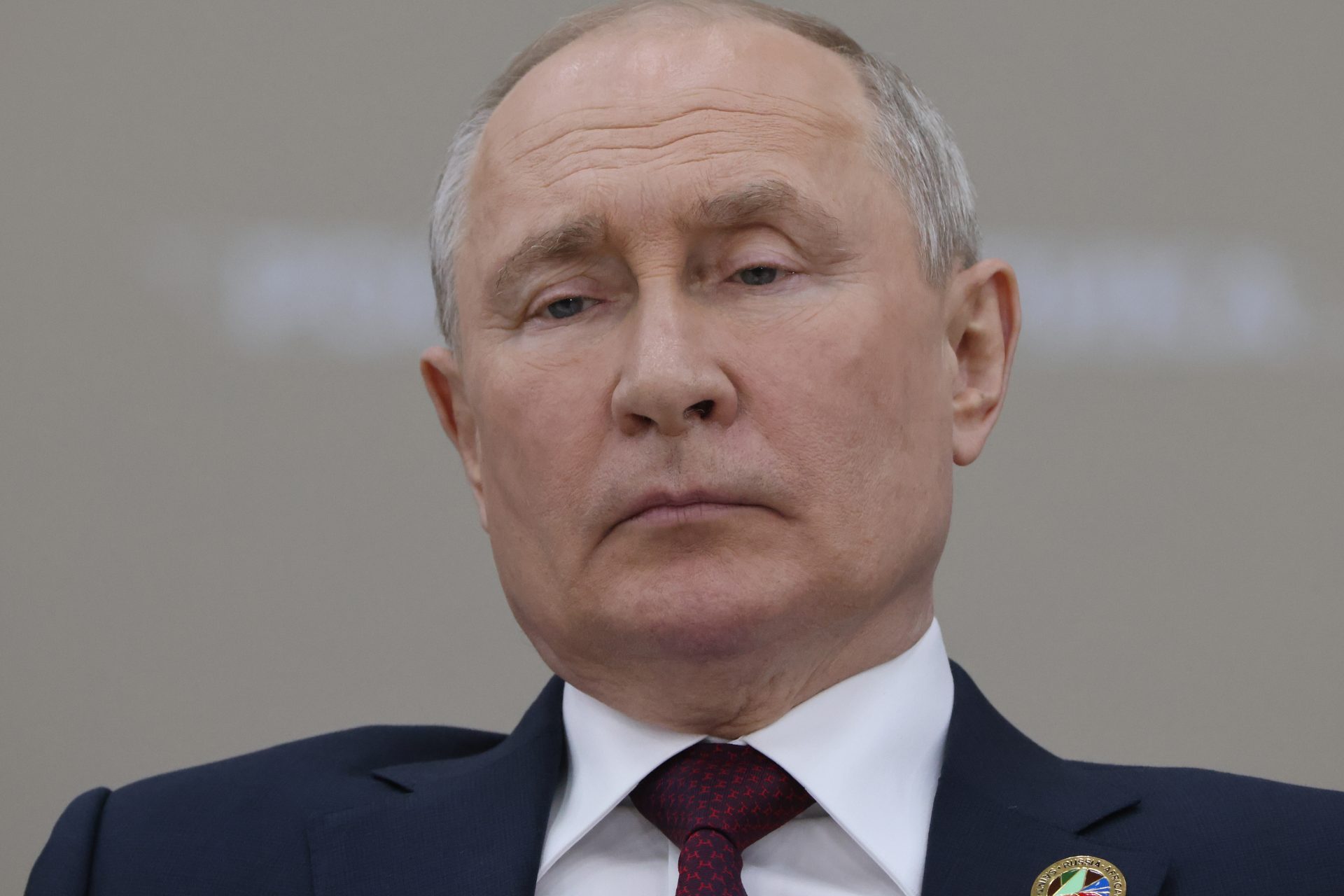Russia temporarily restricts gas and diesel exports as fuel crisis deepens
Russian officials have temporarily banned the export of both gasoline and diesel from the country amid a major fuel shortage according to a new government decree that was reported on by Newsweek.
Russian Prime Minister Mihail Mishustin signed an order that temporarily placed restrictions on the unauthorized export of gas and diesel from the country that was set to go into effect on Thursday, October 5th.
"Temporary restrictions will help saturate the fuel market, which will in turn reduce prices for consumers," the Russian cabinet noted in a statement according to Newsweek. But will the measure help bring the fuel crisis in Russia under control?
Fuel shortages have been reported across the country in recent months and market experts close to the situation spoke with reporters from Reuters at the end of August about the deteriorating situation in the country.
Traders told the British news organization that Russia was suffering from shortages of crucial fuels that were needed to harvest parts of the country’s southern breadbasket.
The shortages were a result of maintenance issues at refineries, infrastructure problems on railways, and a weaker ruble incentivizing exports of fuel according to some traders.
Photo Credit: Wiki Commons
Freedom Finance Global analyst Vladimir Chernov told Russian newspaper Izvestia that the ruble’s lowered value made fuel exports more profitable than their domestic market.
"The fall in the value of the Russian rouble makes exports of oil products even more profitable than their sales to the domestic market,” Chernov explained according to a translation from Ukrainska Pravda.
Chernov added that oil companies were trying to increase their export supplies which in turn was creating a major deficit in the country’s domestic market of gasoline and diesel.
Photo Credit: Wiki Commons
The Kremlin has worked to tackle the growing fuel problems in the country ahead of its presidential elections in March according to Reuters, which added that those solutions likely made Moscow’s issues worse.
Photo Credit: Wiki Commons
“A government decision to cut subsidies for refineries is likely [to] worsen the availability of fuel in the world's biggest grain exporter,” Reuters reported.
Oil producers in Russia’s southern regions have had to cut their production or cut their fuel sales entirely, and filling stations have had limits placed on how much they can sell.
One Russian trader noted that AI-92 gasoline wasn’t available in the regions of Adygea, Astrakhan, and Krasnador. “There is hardly any AI-95 gasoline and diesel," they added.
Photo Credit: Unsplash by Arseniy Volkov
Another trader explained that the region of Samara hadn’t seen any sales of diesel from its oil depots over a two-week period and the same was true of its diesel retail market.
A dearth of AI-92 and AI-95 gasoline in Russia’s southern regions was also confirmed by Ekaterina Savkina, Managing Partner of the GP Vympel petrol station chain in Samara Oblast, who told Izvestia Samara was operating on low stocks of the crucial fuels.
"We are currently operating on low stocks, basically straight away after delivery, [and it] concerns all types of fuels. Some petrol stations in the oblast do not have AI-92, AI-95, and diesel," Savkina said according to Ukrainska Pravda
The situation isn’t likely to improve until October after seasonal demand decreases and refiners can finish their maintenance according to industry sources Reuters spoke with.
Photo Credit: Wiki Commons
"There was a shortage of AI-95 last month, and now some gas stations are out of AI-92 and diesel," Mosregiongaz CEO German Kolotov told Izvestia according to a translation from Ukrainska Pravda.
How Russia’s oil shortages will affect global food prices and the ongoing war in Ukraine has yet to be seen but it will likely raise prices at the very least, which is a situation that could worsen food inflation since Russia is a major grain exporter.
More for you
Top Stories



